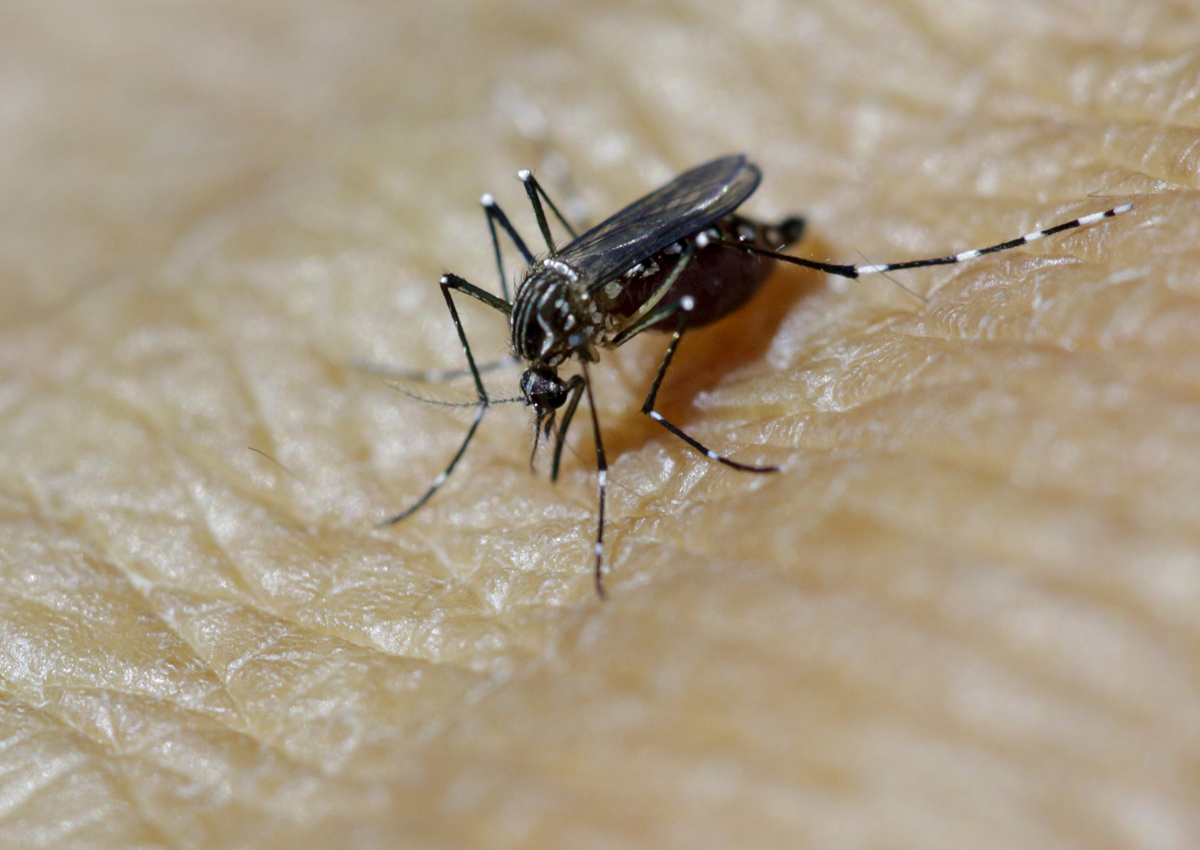People who visit countries where the Zika virus has been detected should protect themselves from mosquito bites, said the authorities in a health advisory yesterday.
For example, they can wear clothing that covers as much of their skin as possible, apply insect repellent and use wire mesh screens or mosquito nets.
In yesterday’s joint statement, the Health Ministry and National Environment Agency also advised people who return from affected countries to monitor their health for 14 days.
If they show symptoms of Zika, such as fever, rashes or joint and muscle pains, they should see a doctor and let them know their travel history. Other common Zika symptoms are headaches and red eyes.
The authorities said a 48-year-old man tested positive for Zika yesterday after returning from Brazil, in the first case of a Zika infection here.
Infectious diseases expert Leong Hoe Nam said people should not worry unduly, as Zika infections tend not to be serious compared with dengue. Both have similar symptoms.
“The current understanding of Zika is that it is very mild,” he said. “The main people who are at risk are pregnant women.”
However, Dr Leong said those who live near Watten Estate in Bukit Timah – where the man lives – should see a doctor immediately if they show symptoms of Zika. It is transmitted when an Aedes mosquito bites an infected person and later bites someone else.
The Zika virus can cause a child to be born with microcephaly – a condition where babies have unusually small heads – if the mother is infected while she is pregnant.
In the advisory, the agencies suggested that pregnant women reconsider travel plans to areas where the Zika virus has been detected, especially if an outbreak is ongoing.
A place is considered to have an outbreak if there is a relatively large number of cases, and where transmission is widespread or has gone on for more than eight weeks.
More than 20 Latin American and Caribbean countries have ongoing Zika outbreaks, including Brazil, Mexico and Costa Rica.
If a pregnant woman finds herself developing Zika symptoms after visiting such places, she should see a doctor to get tested. Those without such symptoms but who are still worried about infection should also consult a doctor, the authorities said.
Men who have returned from Zika-affected areas should also make sure they practise safe sex – or abstain from sex – for at least four weeks. This is because the virus can also be transmitted sexually. If their partners are pregnant women, they should adopt the precautions for the duration of the woman’s pregnancy.
Those who wish to know the latest Zika updates can refer to www.moh.gov.sg/zika

This article was first published on May 14, 2016.
Get a copy of The Straits Times or go to straitstimes.com for more stories.






